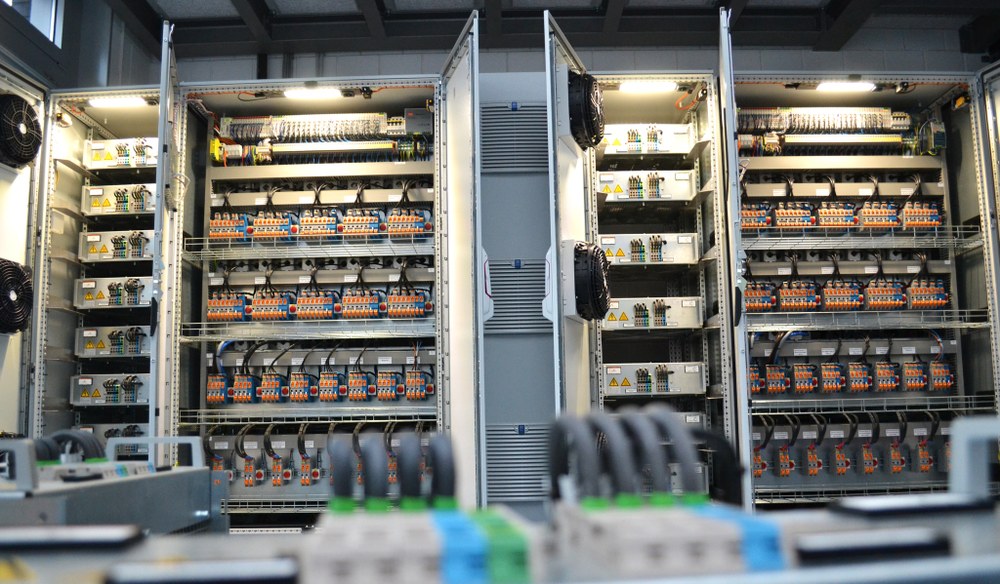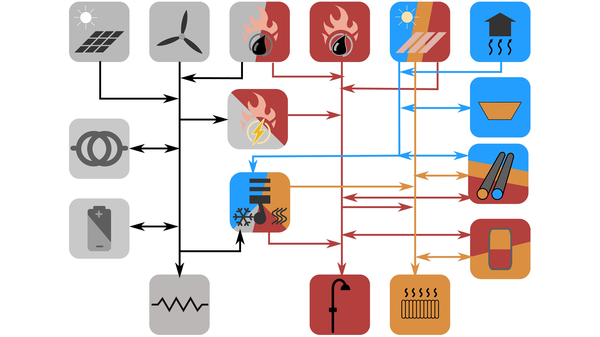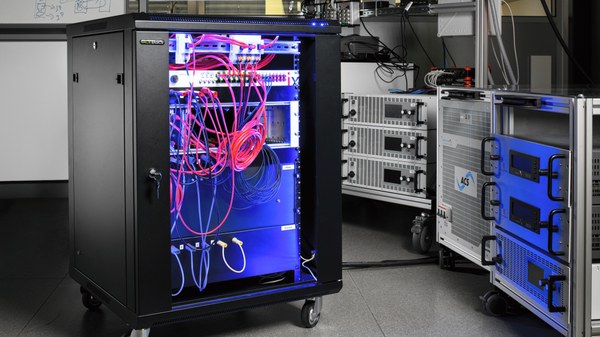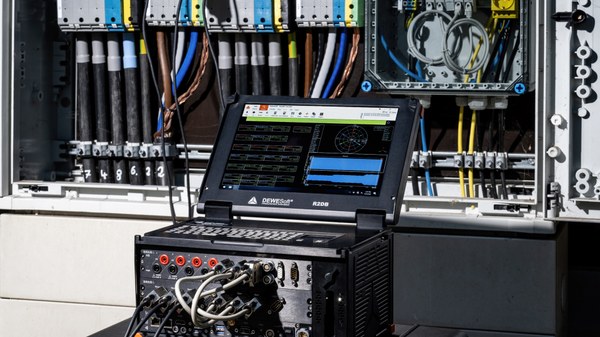Current scientific publications of the department Energy Systems Technology can be found in the electronic publication directory (elib).
Energy Systems Technology

The expansion of renewable energies means that our electricity supply is increasingly becoming decentralised and dependent on the weather. At the same time, digitalisation in the energy sector is also progressing further and further. In order to allow an overall system to be structured cost-effectively and robustly and to enable surplus electricity supplies to be used locally wherever possible, concepts need to be designed beyond the limits of individual energy sectors.
The synchronisation of electricity generation and consumption plays a crucial role in this. To achieve this, the energy system of the future needs to be structured flexibly. This can be implemented for instance through greater incorporation of energy storage systems and through sector integration, i.e. using energy from the electricity sector to provide thermal energy or mobility. New measures aimed at system stabilisation are also required in order to ensure that future energy systems with a very high proportion of renewable energies are sufficiently robust.
Against this background the Energy Systems Technology Department at the Institute of Networked Energy Systems concentrates on the interaction between system-relevant technologies within decentralised networked structures. At the low-voltage and medium-voltage level in particular we strive to achieve new architectures for the energy systems of the future. We recognise the need here for new technological approaches in terms of grid technologies, e.g. the integration of DC grids and new grid operation equipment, in order to ensure more efficient operations and save grid expansion costs.
At the same time we examine the extent to which energy systems can be structured more flexibly by synchronising fluctuations in production levels more effectively with consumption. Research activities include inegrating the electricity sector with the thermal energy and traffic sectors as well as with industrial processes.




